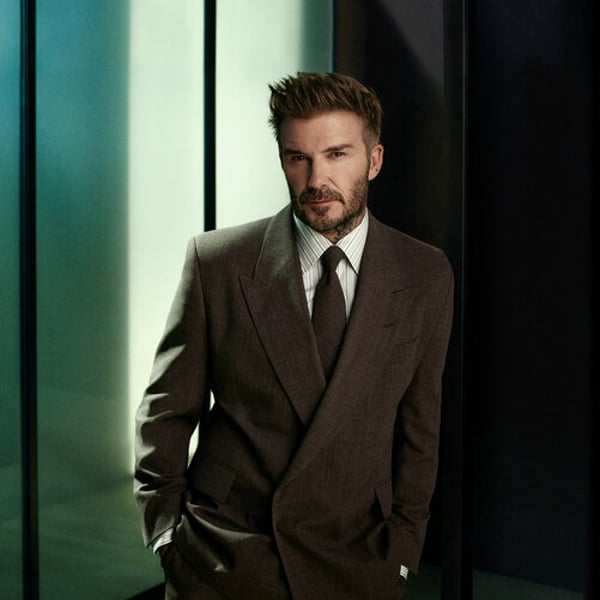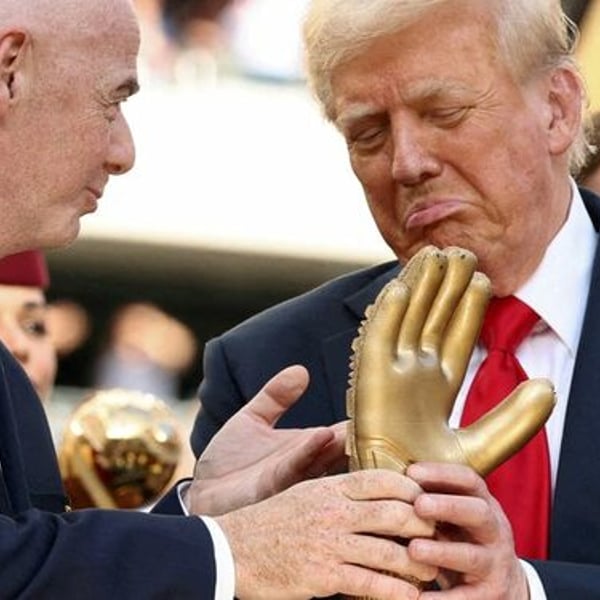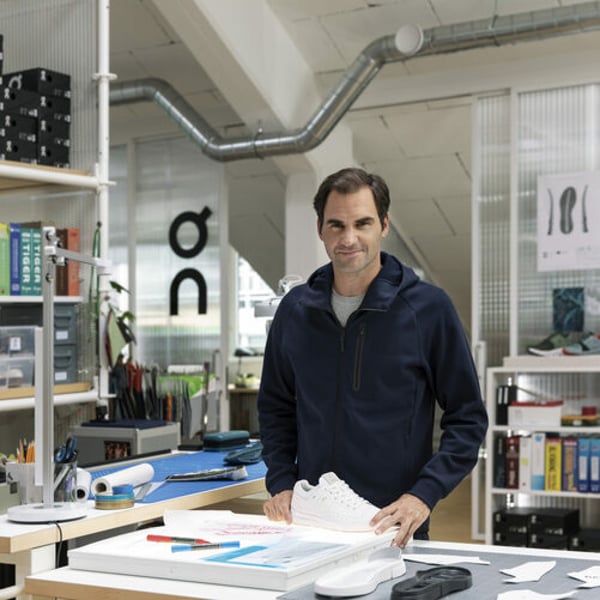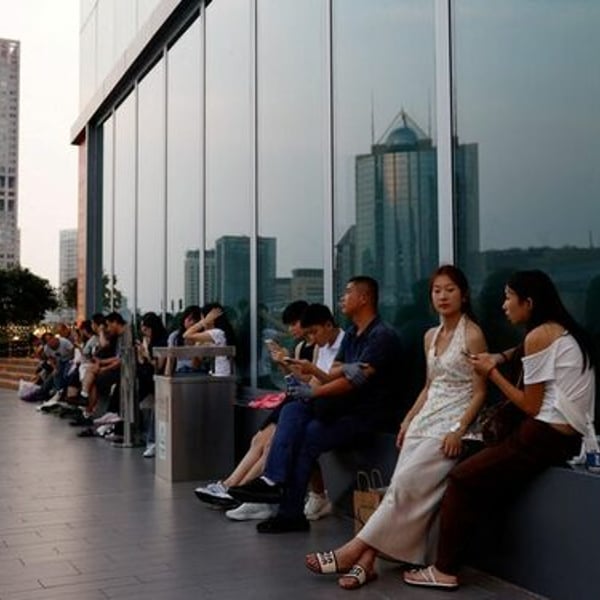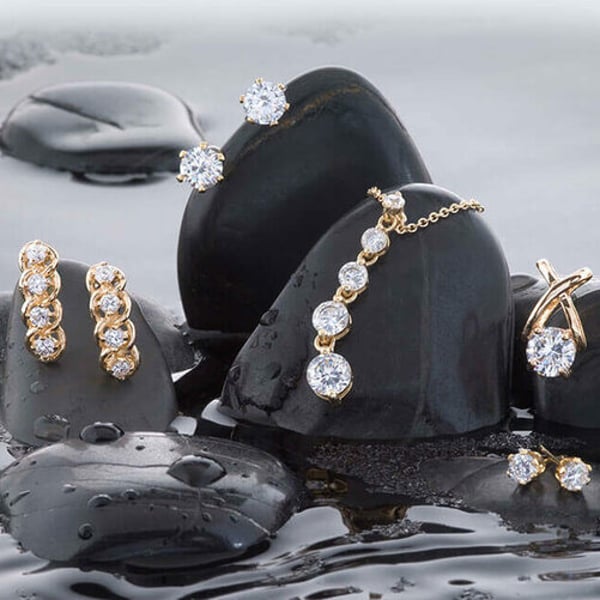Fashion group Hugo Boss announced better-than-expected Q1 revenue on Tuesday, despite the quarter being slightly down on the same period a year ago. It also confirmed its full-year guidance.
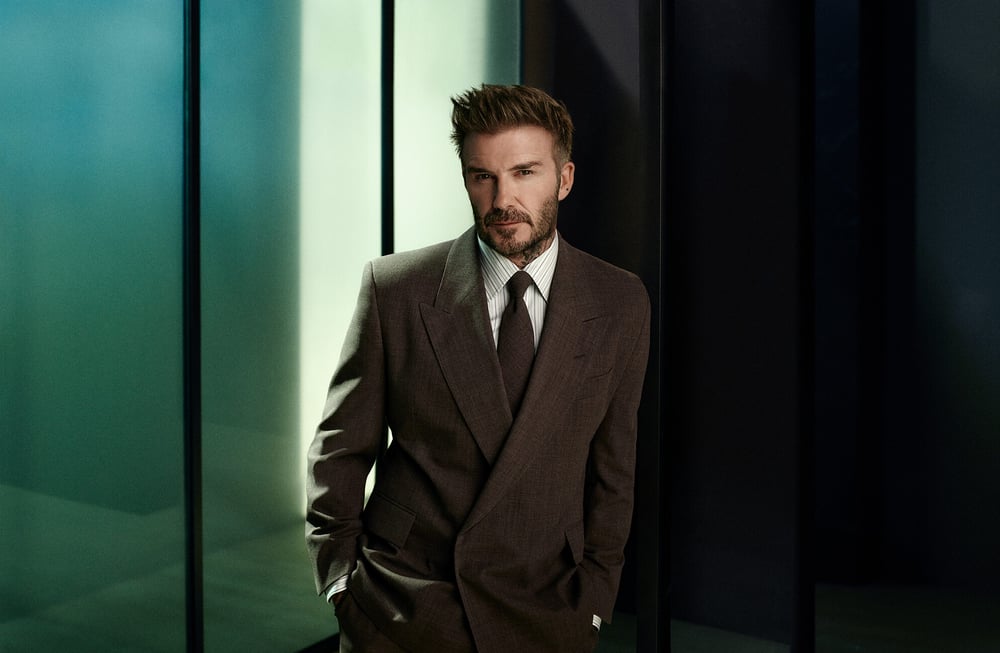
First-quarter revenue dipped to €999 million at the German company, a little below the €1.01 billion of a year earlier, but beating analysts’ forecast of €974 million.
The company — in which UK-based Frasers Group holds a major stake — said “increased macroeconomic uncertainties” dented global consumer sentiment and impacted industry development.
But “consistent execution of strategic growth initiatives [drove] brand momentum” and limited the decline in currency-adjusted group sales to 2% during the quarter.
By region, that dip divided into currency-adjusted revenues in both EMEA and the Americas being down 1%, but Asia/Pacific dropped 8%, “impacted by ongoing subdued consumer demand in China”. Sales in Germany were stable but France and the UK were down slightly. The group maintained its double-digit growth trajectory in Latin America.
Boss Menswear dipped 2%, Boss Womenswear was down only 1% and Hugo dropped 2%.
On the plus side, the digital business continued its growth trajectory with a 4% rise, partially offsetting revenue declines in both direct physical retail (-4%) and physical wholesale (-3%).
The gross margin was “stable, as efficiency gains in sourcing compensate[d] for headwinds resulting from the challenging market environment”.
The group’s profit on an EBIT basis was down to €61 million from €69 million a year ago, “supported by further efficiency gains, resulting in an EBIT margin of 6.1% in Q1”.
The company confirmed its expectation for the whole of 2025 saying group sales will be “broadly stable” (that is, anywhere from down 2% to up 2%), while EBIT will increase by anything between 5% to 22% and the EBIT margin is targeted between 9% and 10%.
The wide range of its guidance underscores the fact that “macroeconomic volatility [is] to remain elevated, intensified by ongoing tariff uncertainty [and] subdued global consumer sentiment continues to weigh on industry development”.
But brand and product initiatives will “further fuel brand relevance, including [the] global launch of first Boss collection co-designed with David Beckham in April”.
CEO Daniel Grieder said of all this: “Following a strong finish to 2024, our performance in the first quarter was affected by the rising macroeconomic uncertainty. Against this backdrop, we continued to place strong emphasis on what we have in our control.
“We further advanced our most impactful strategic initiatives, such as our Boss One bodywear campaign with David Beckham, to further strengthen the relevance of Boss and Hugo. At the same time, we continued to realise cost efficiencies, optimising our global sourcing activities and unlocking further productivity gains. Altogether, these efforts supported our top- and bottom-line development in the first quarter.
“We remain committed to balancing strategic investments with disciplined cost management, to further drive brand momentum and profitability improvements throughout the year. At the same time, we are closely monitoring macroeconomic developments and remain vigilant in light of the elevated global uncertainties, including the current tariff discussions. Thanks to our flexible sourcing set-up and our strong operational backbone, we are strategically positioned to adapt effectively to potential trade-related developments.”
Copyright © 2025 FashionNetwork.com All rights reserved.
